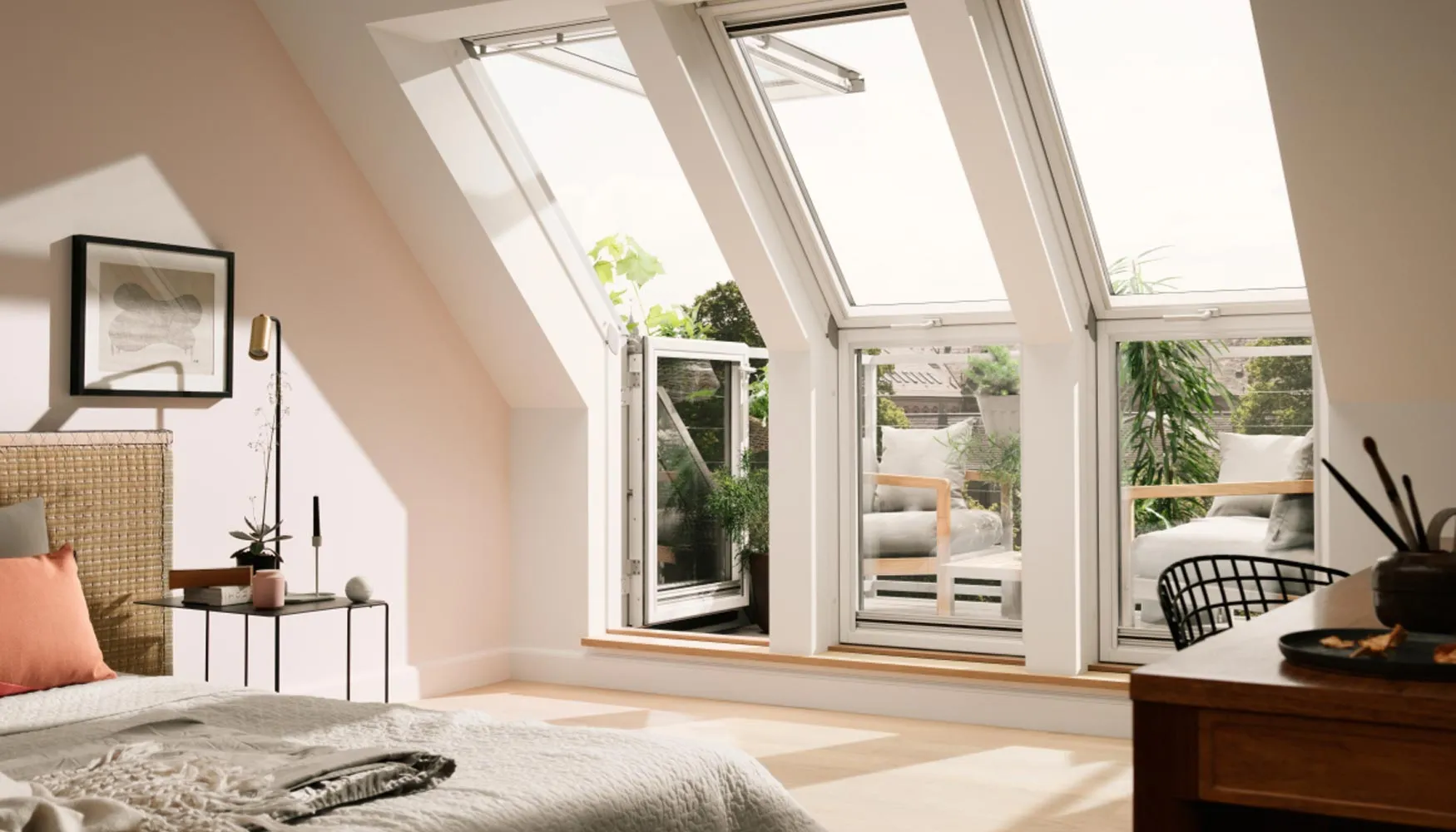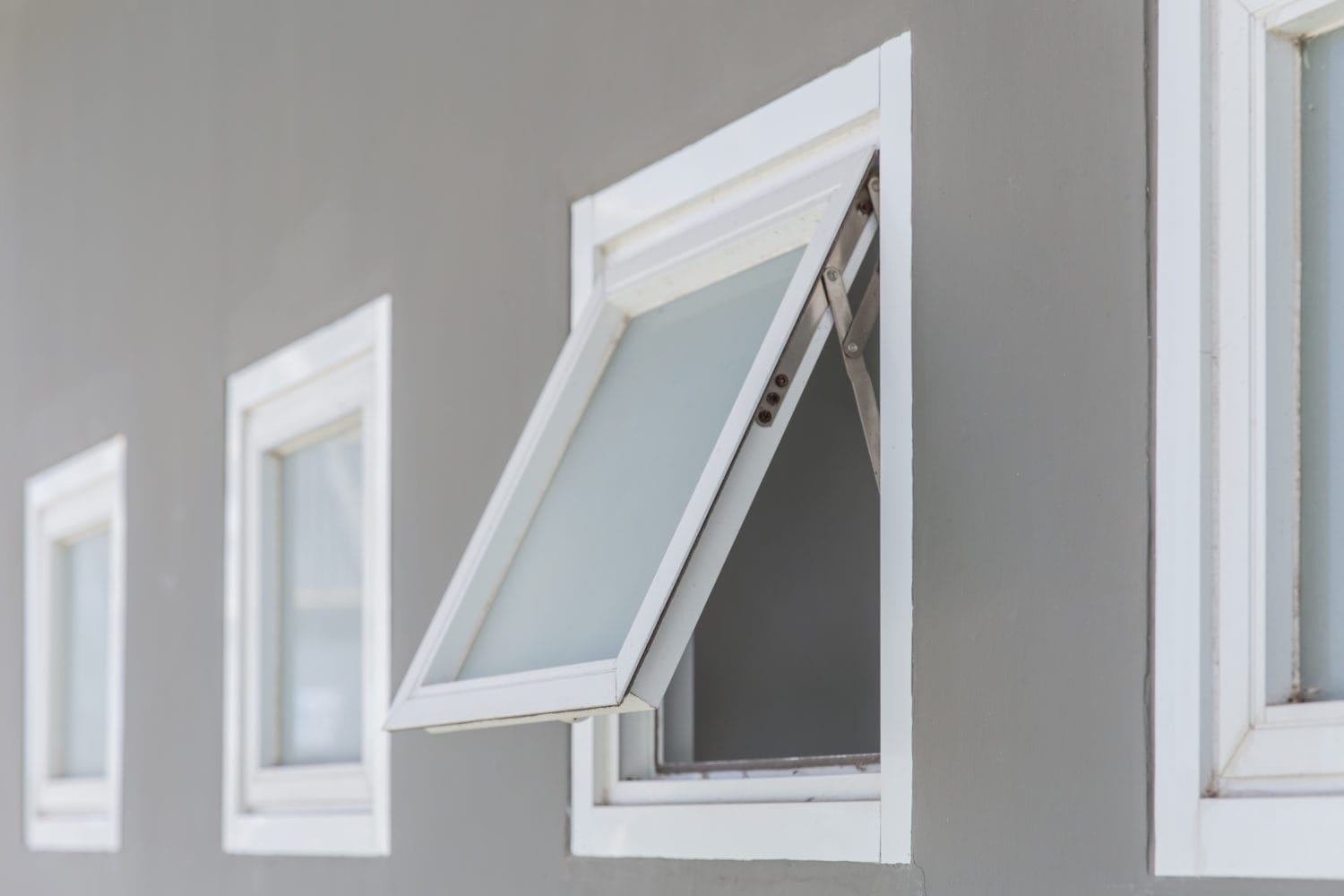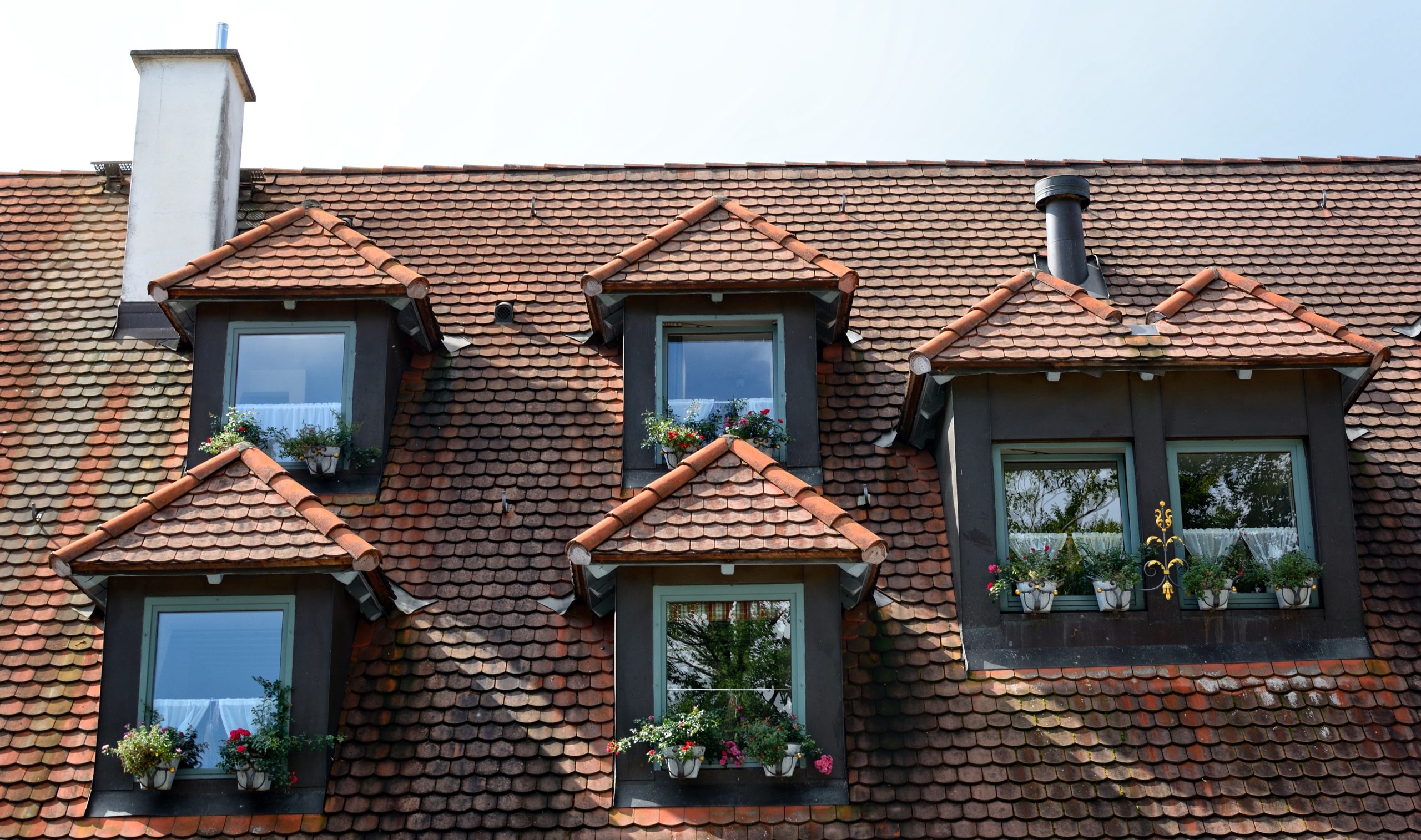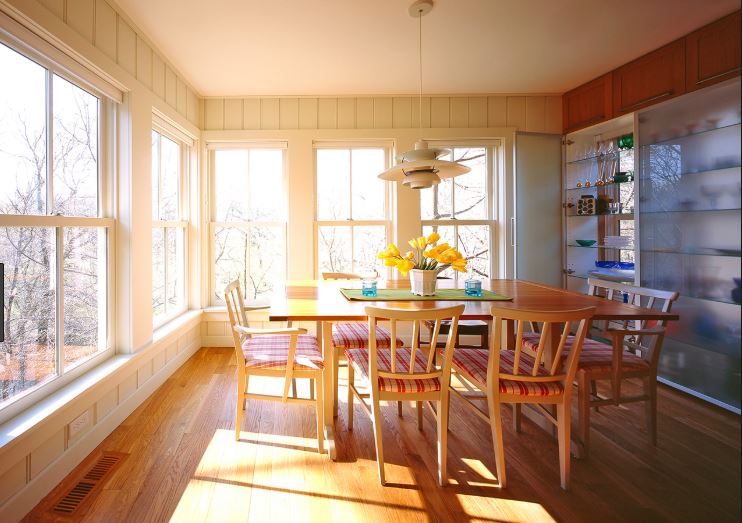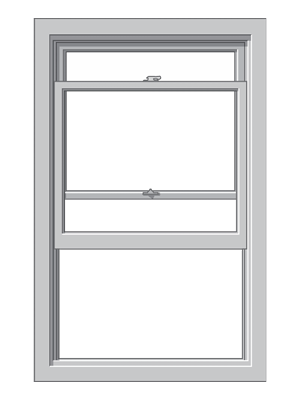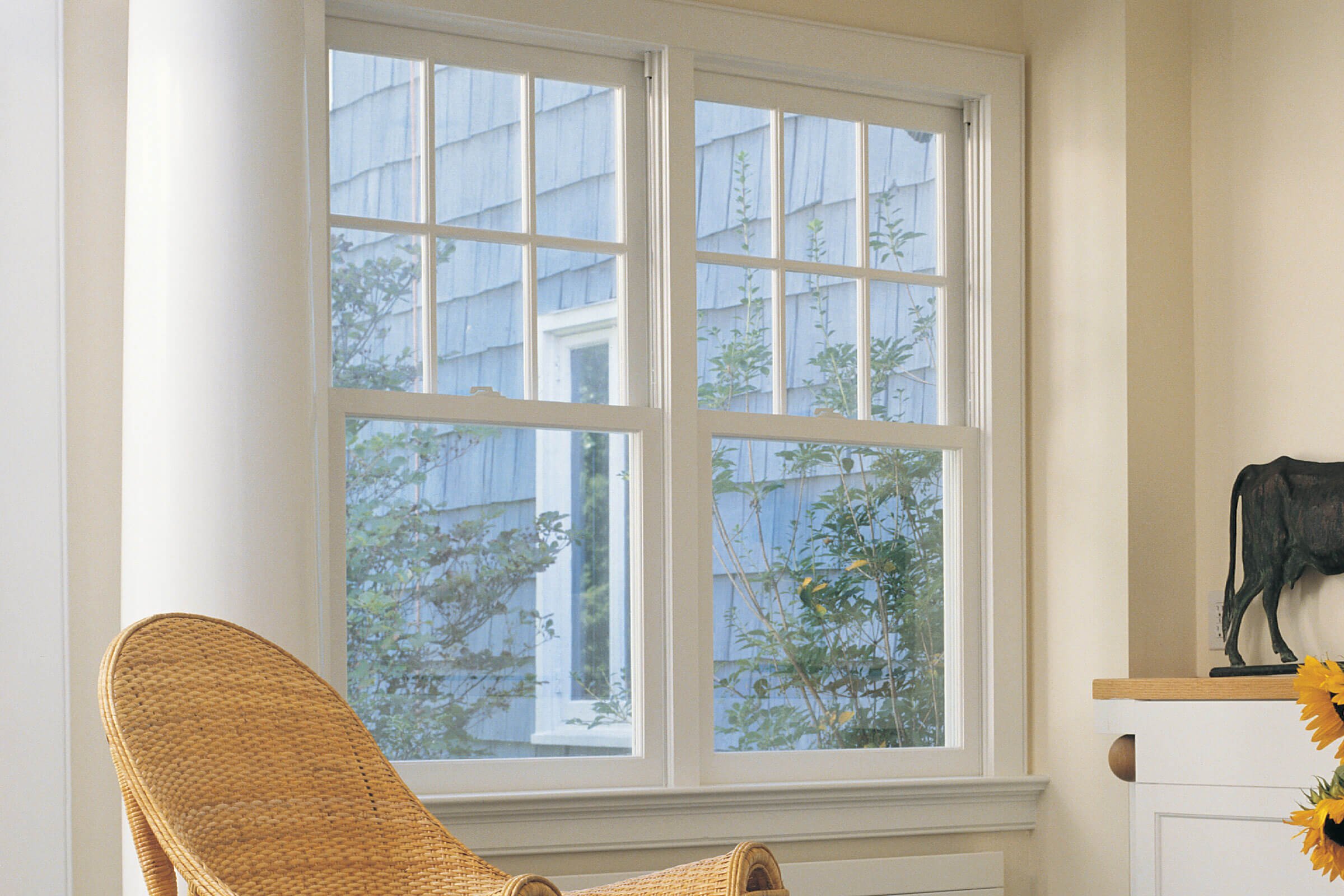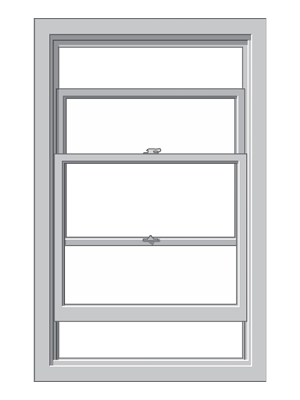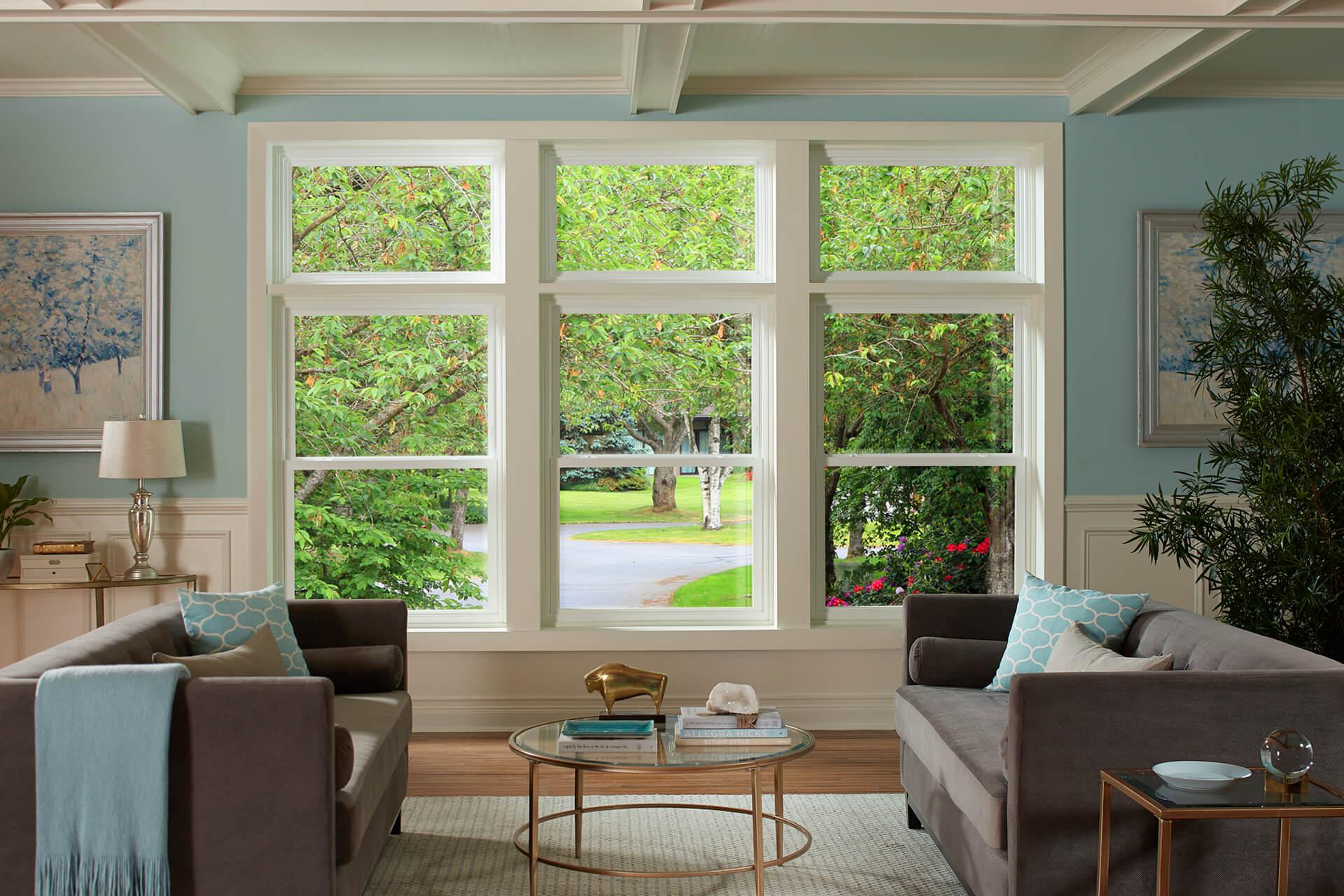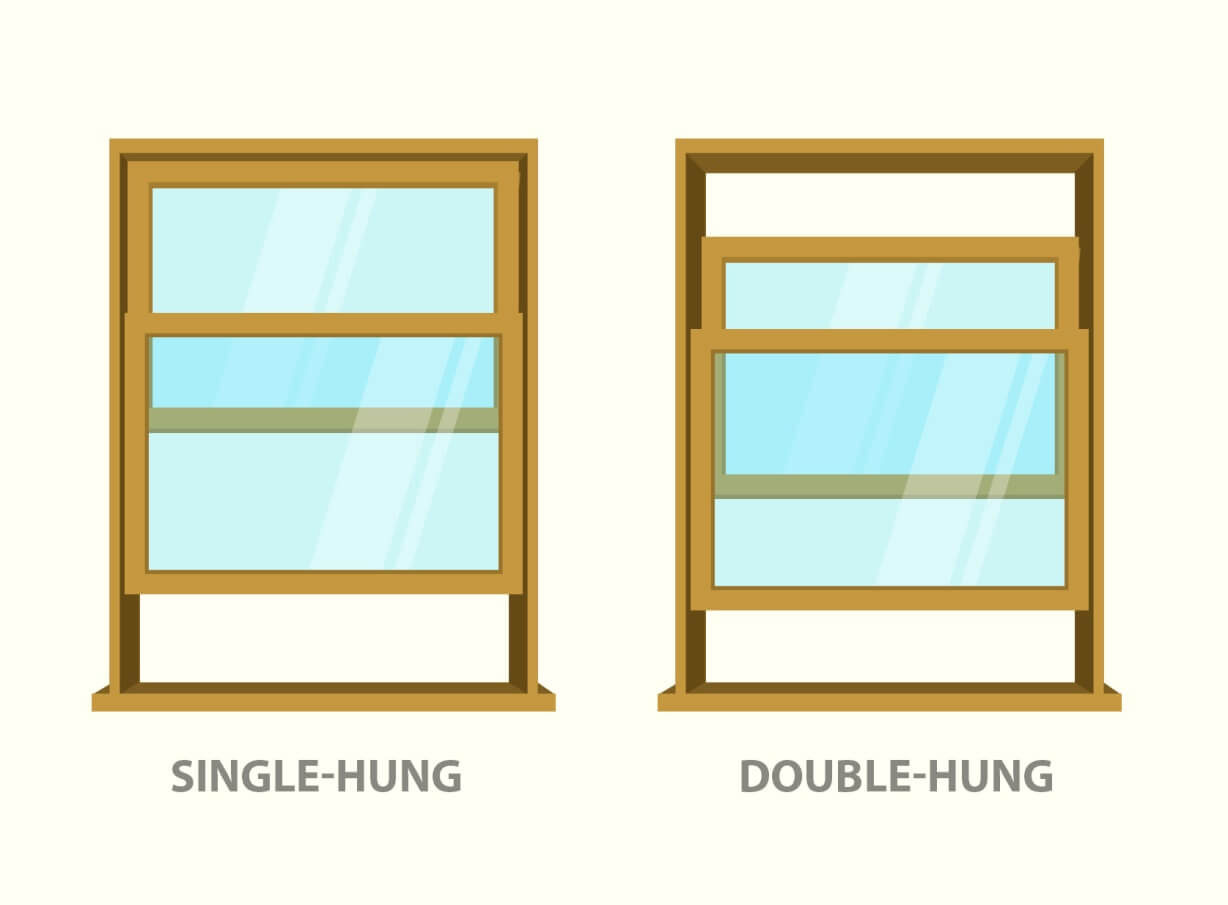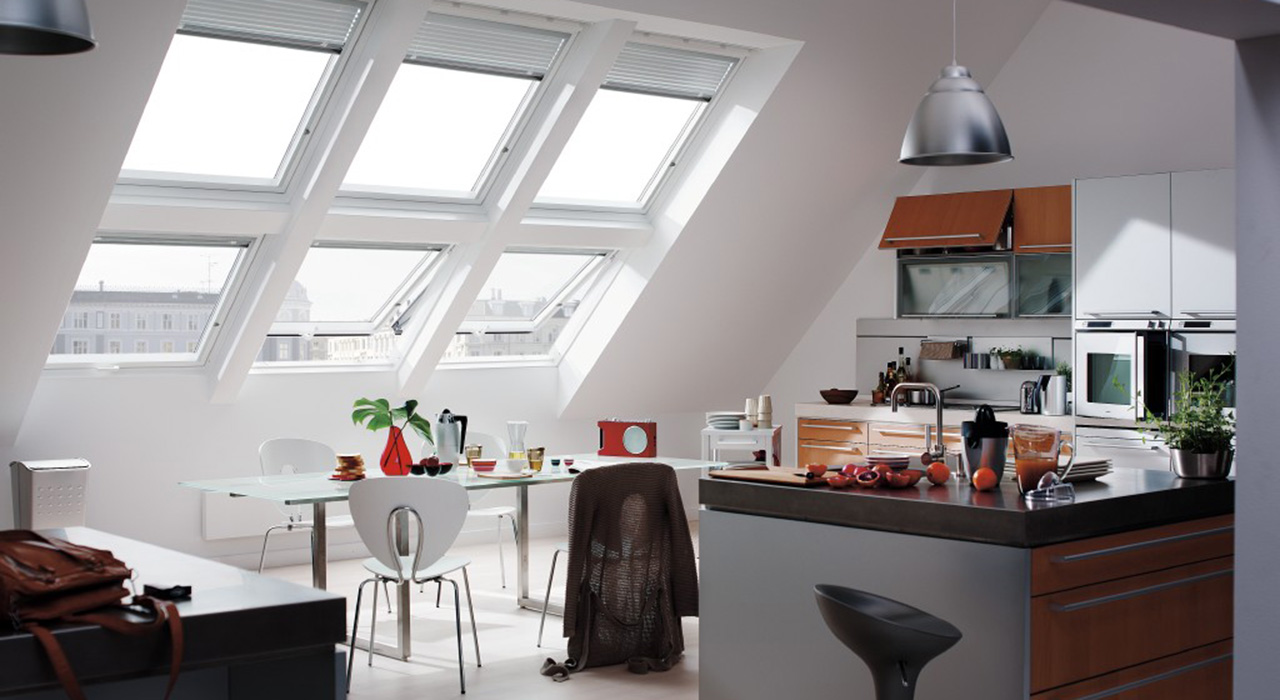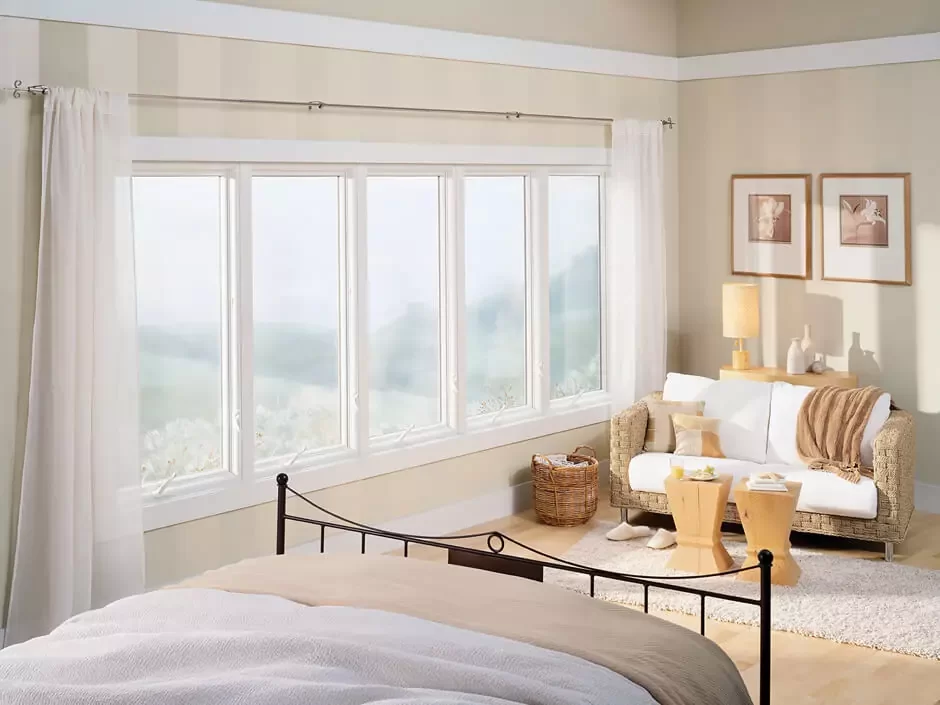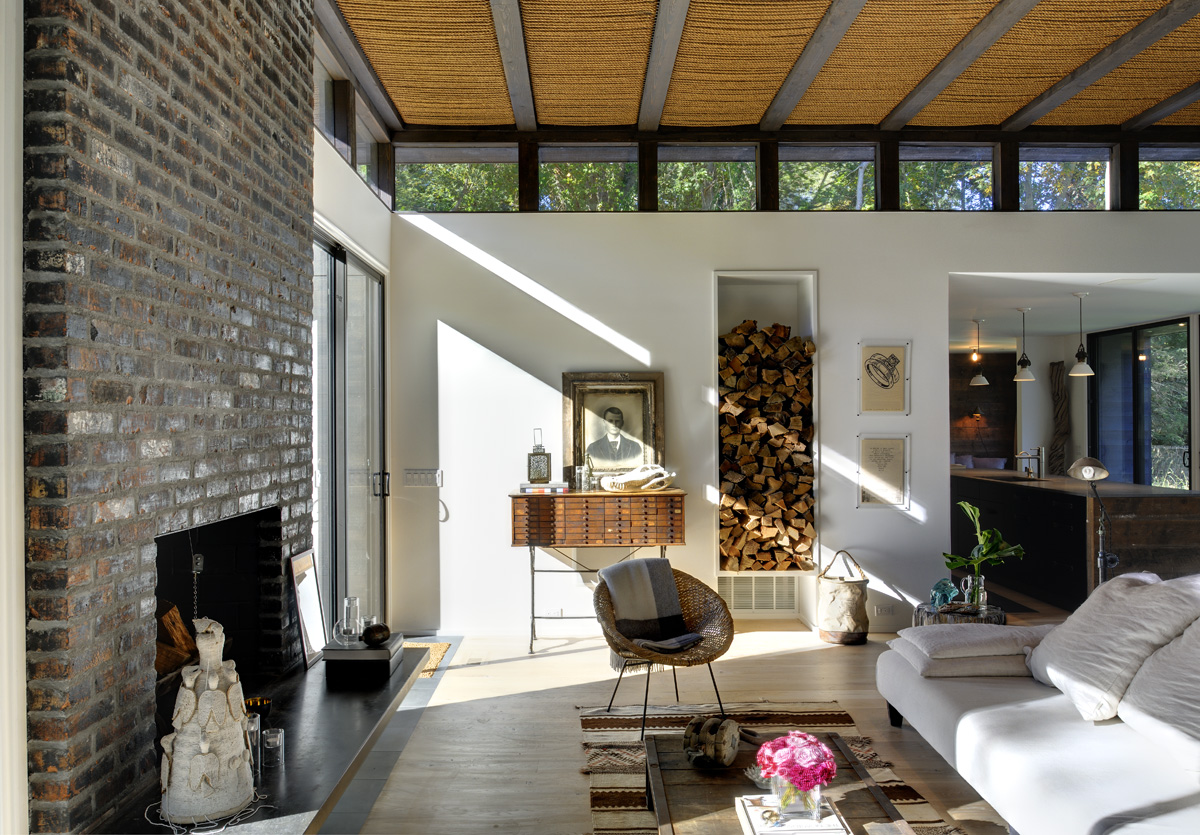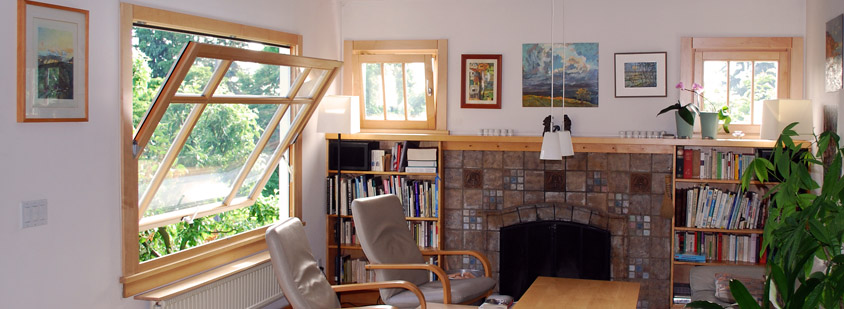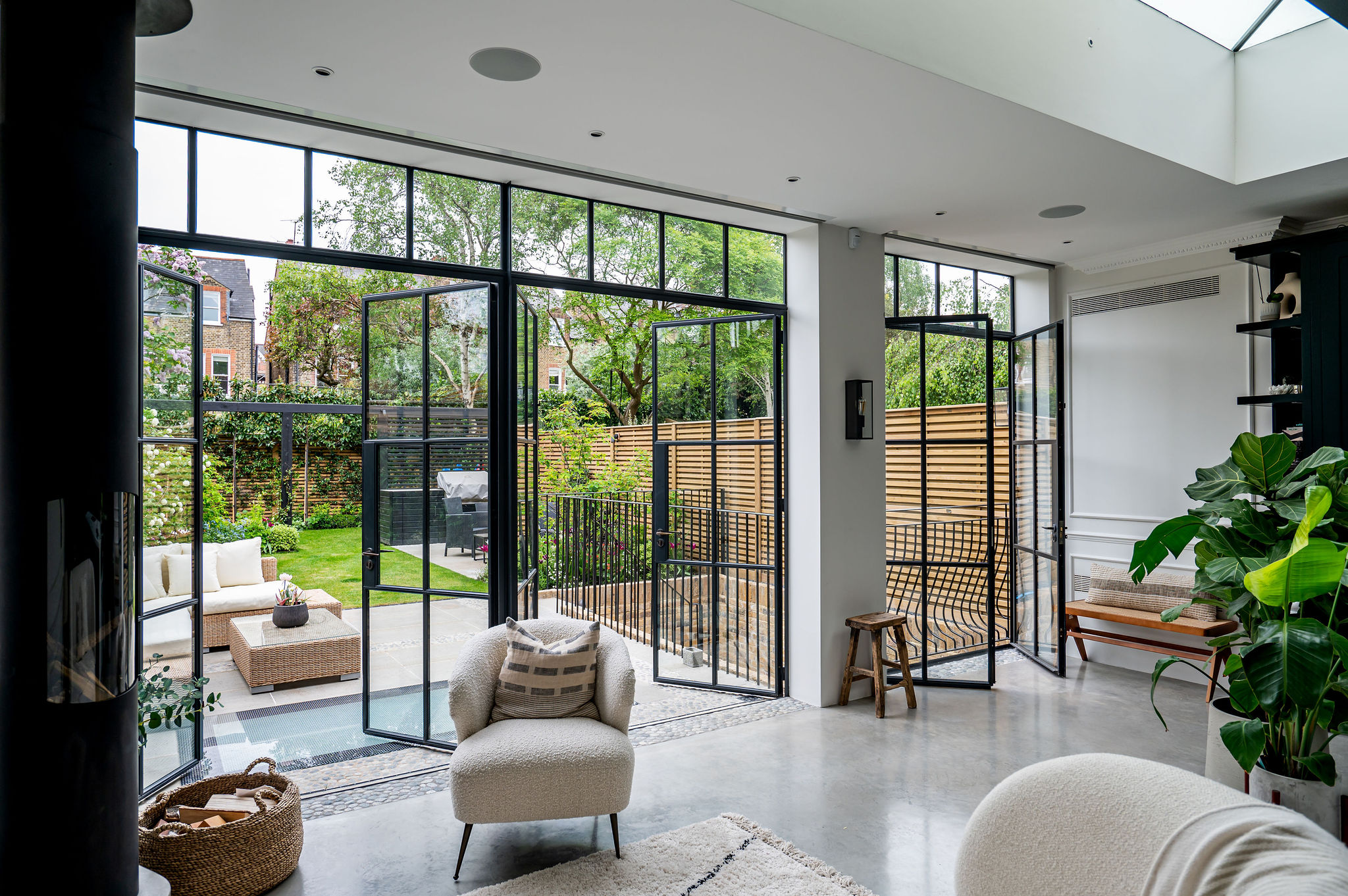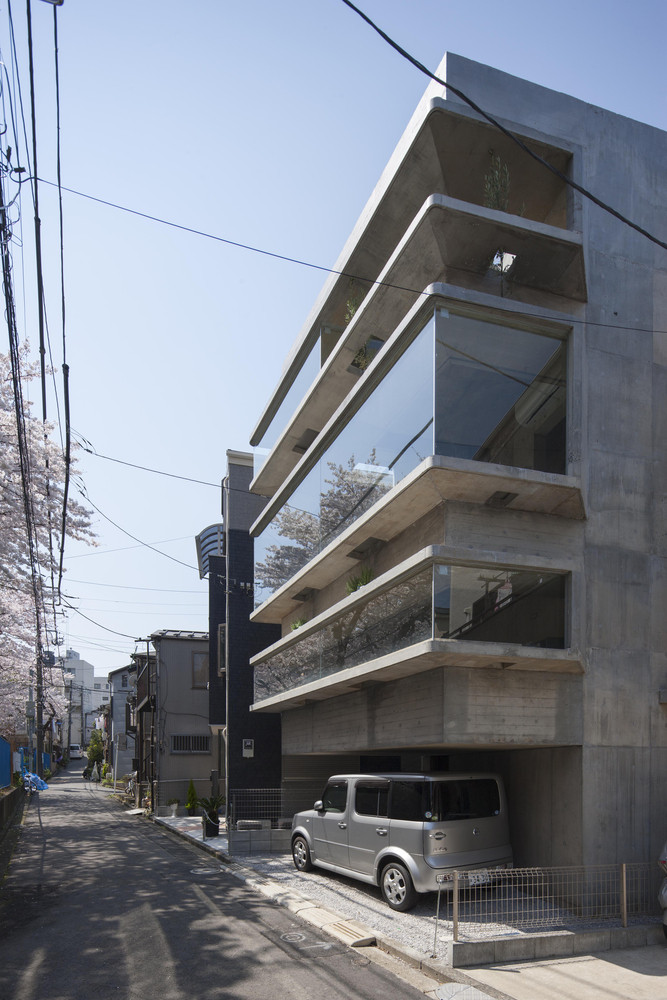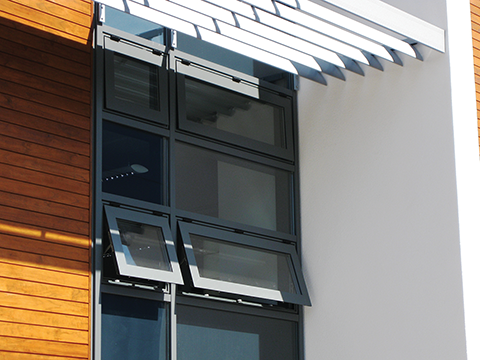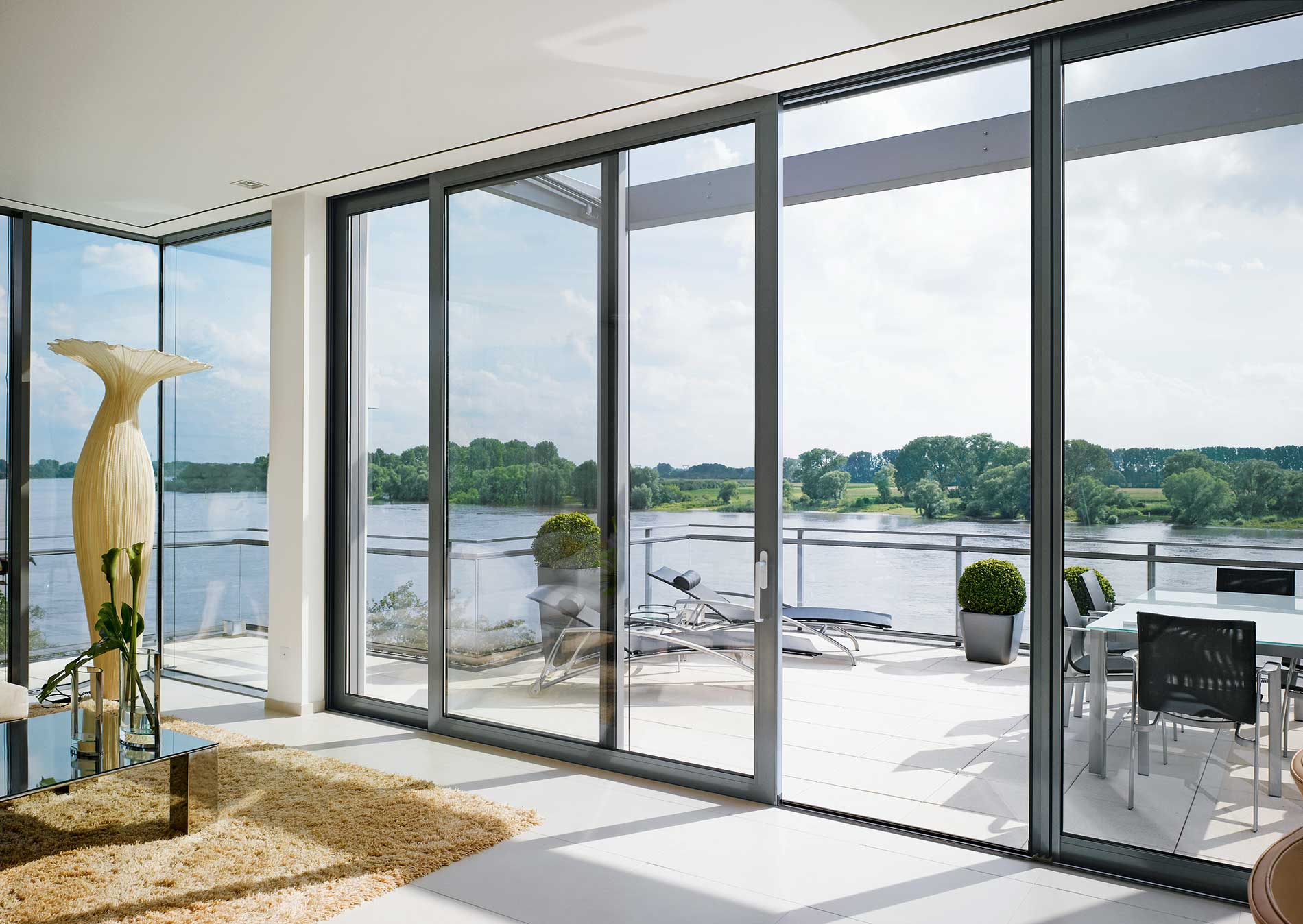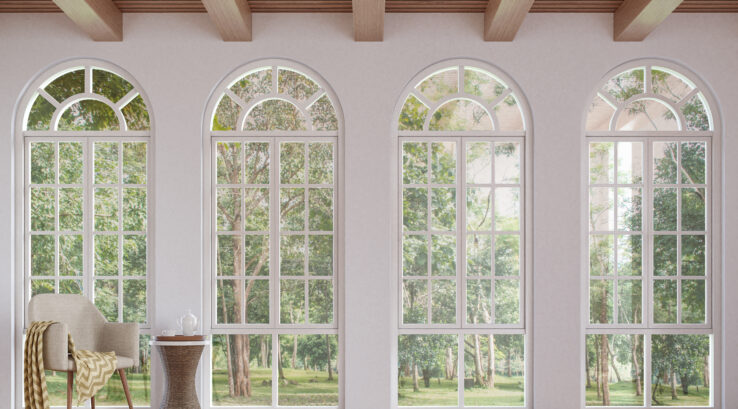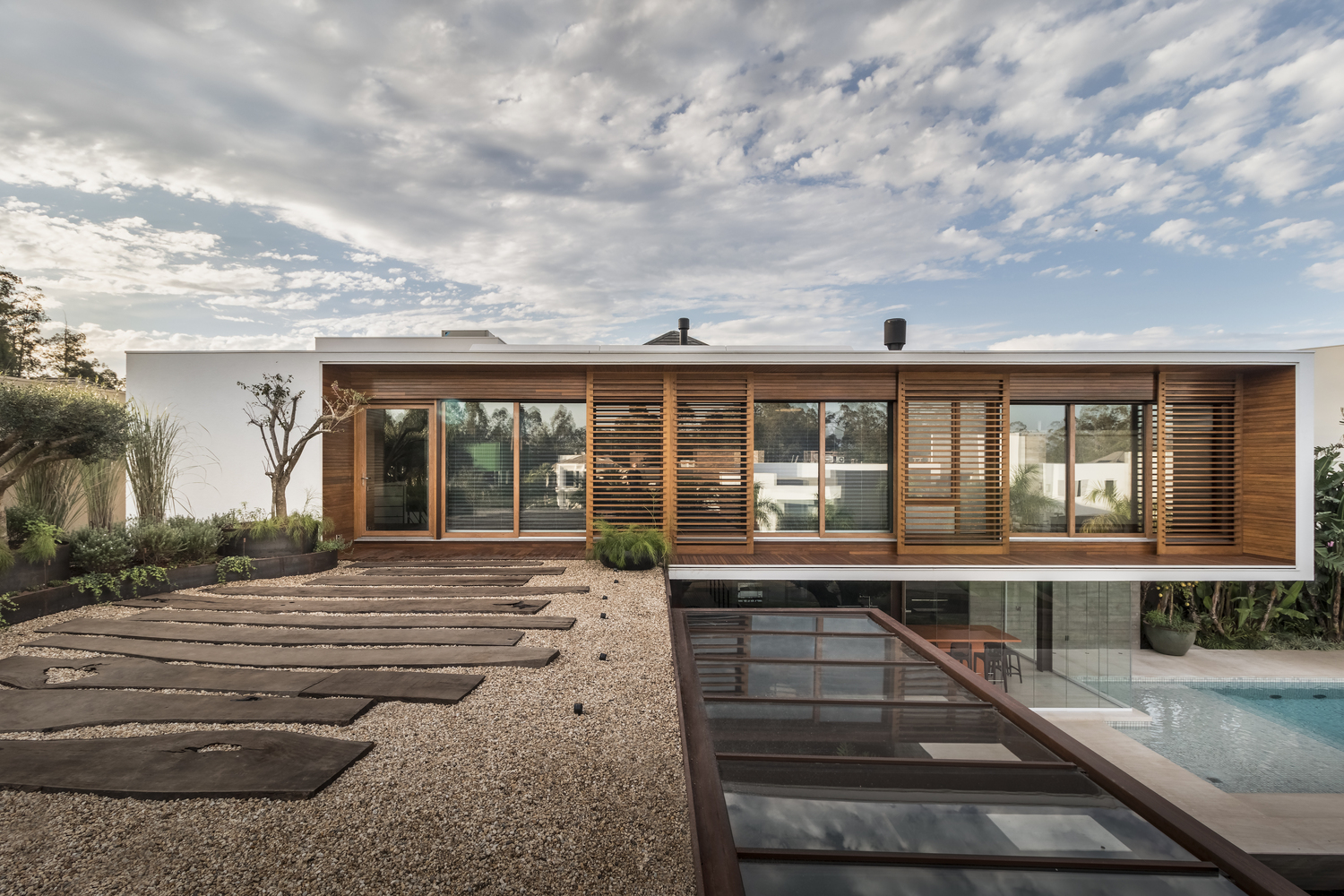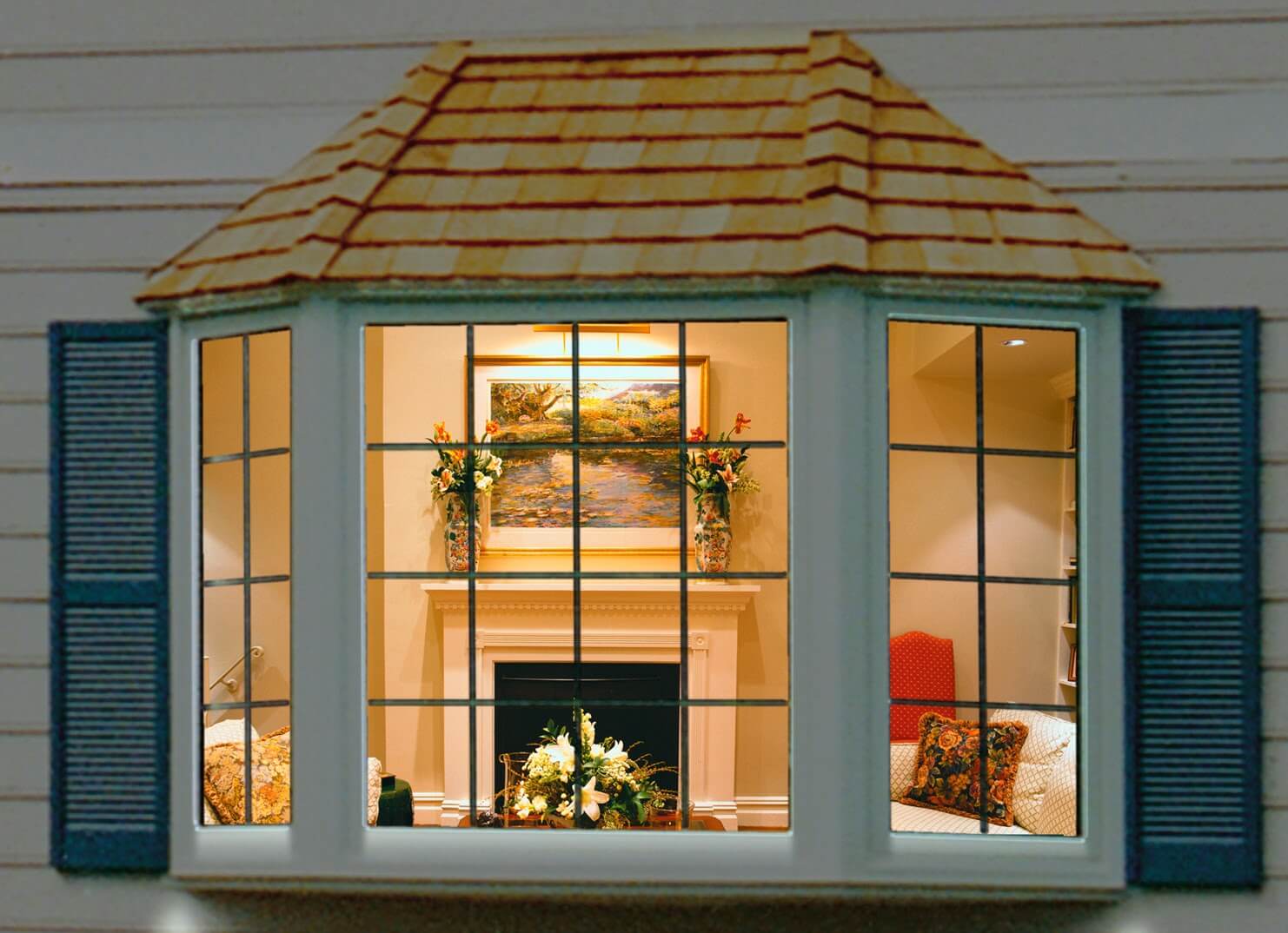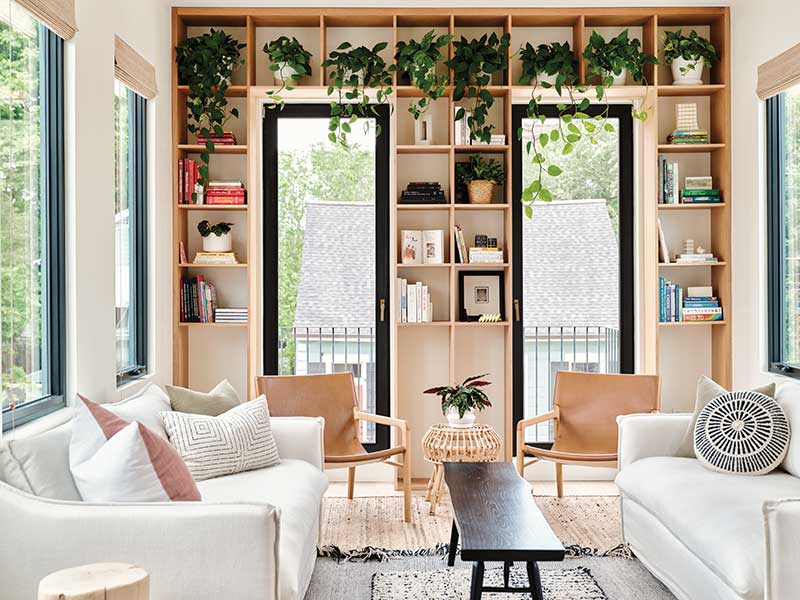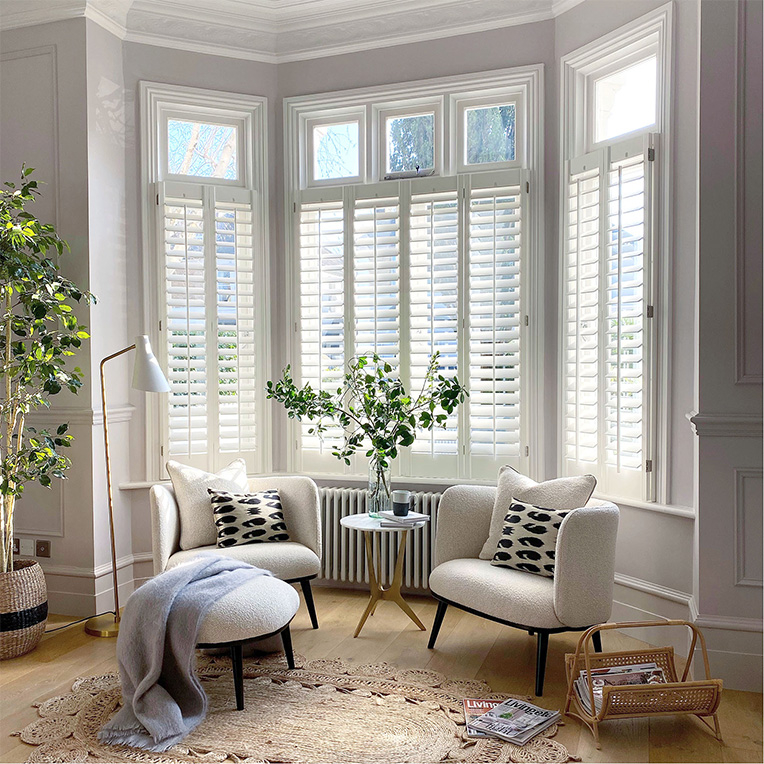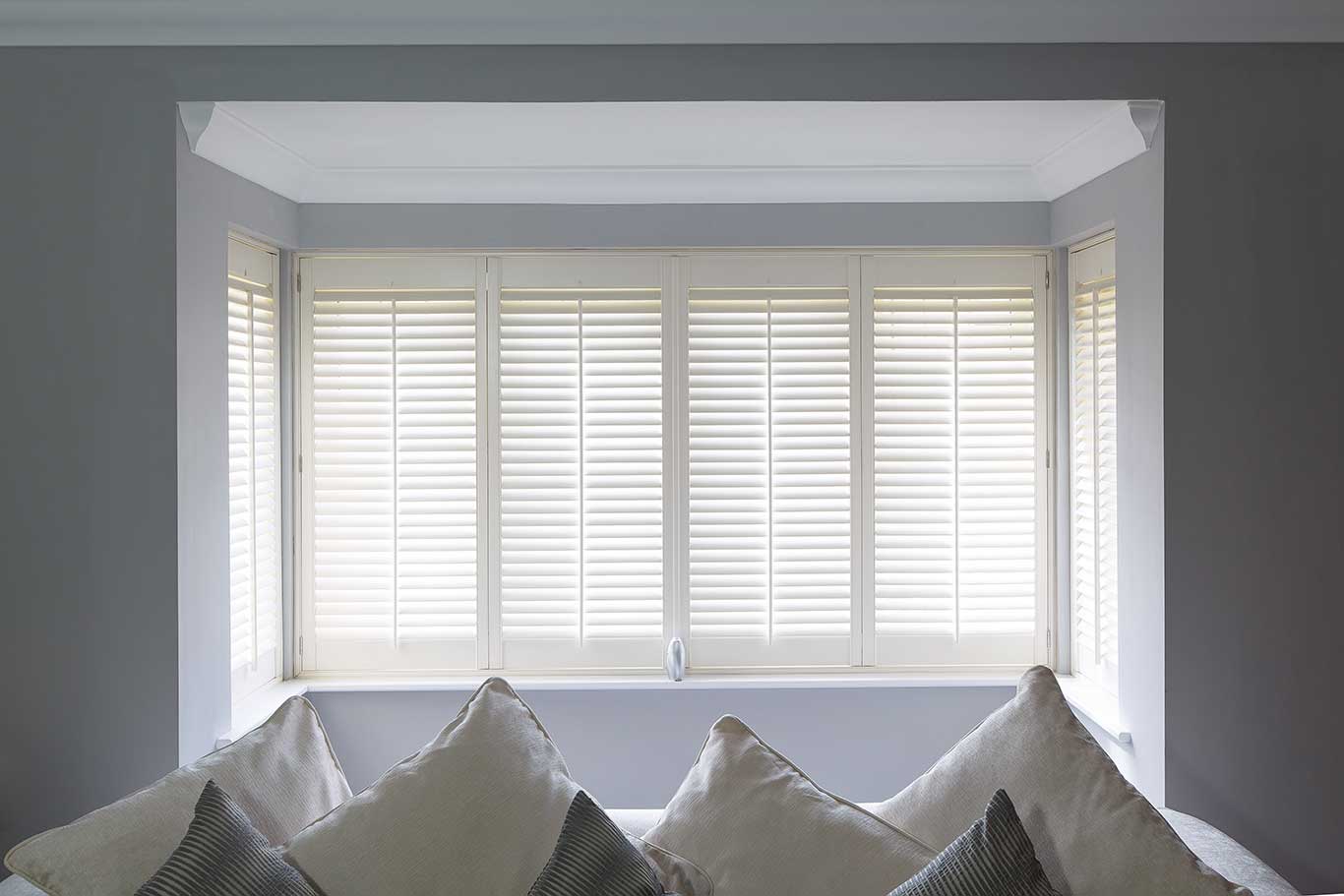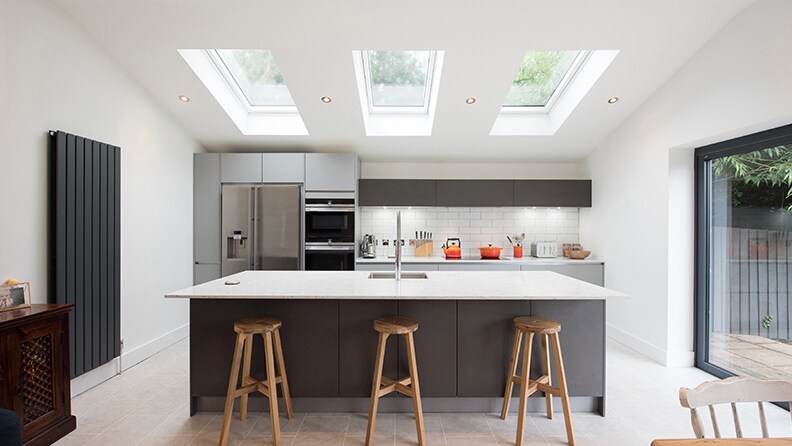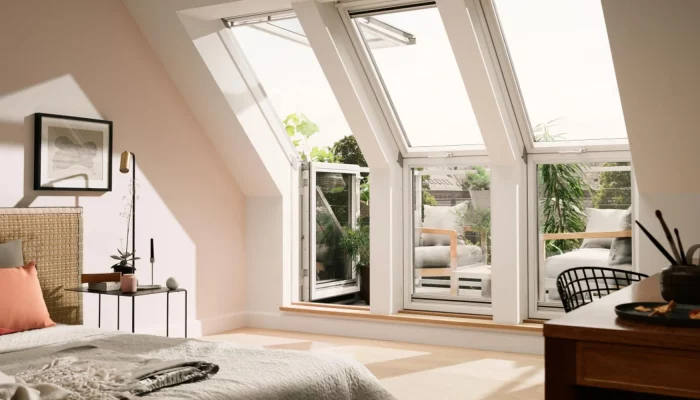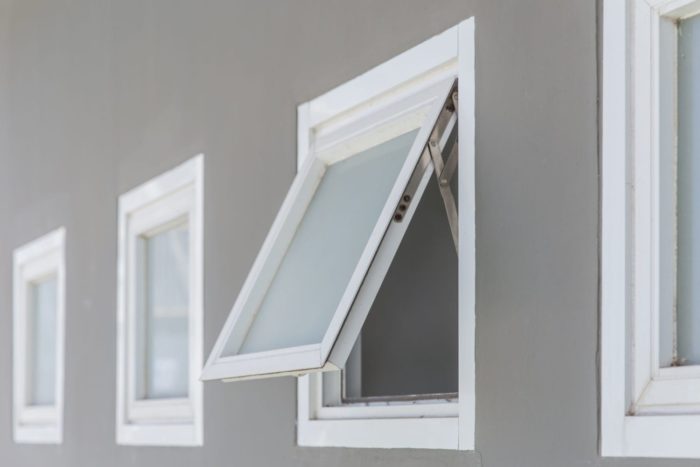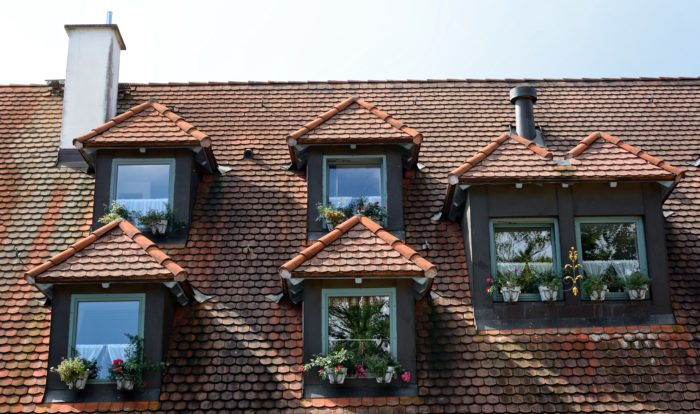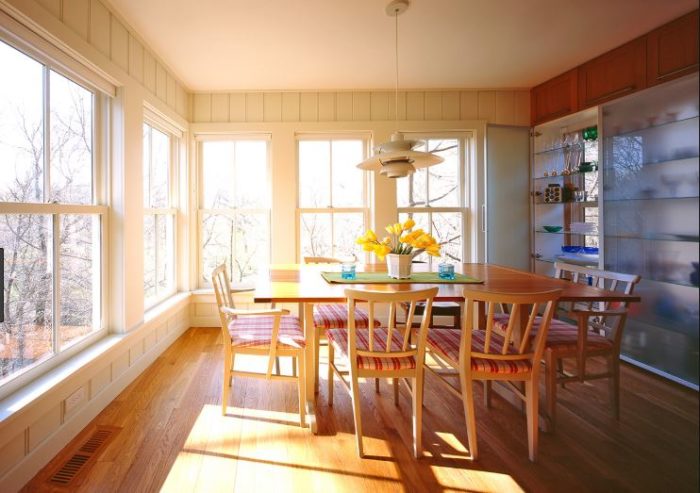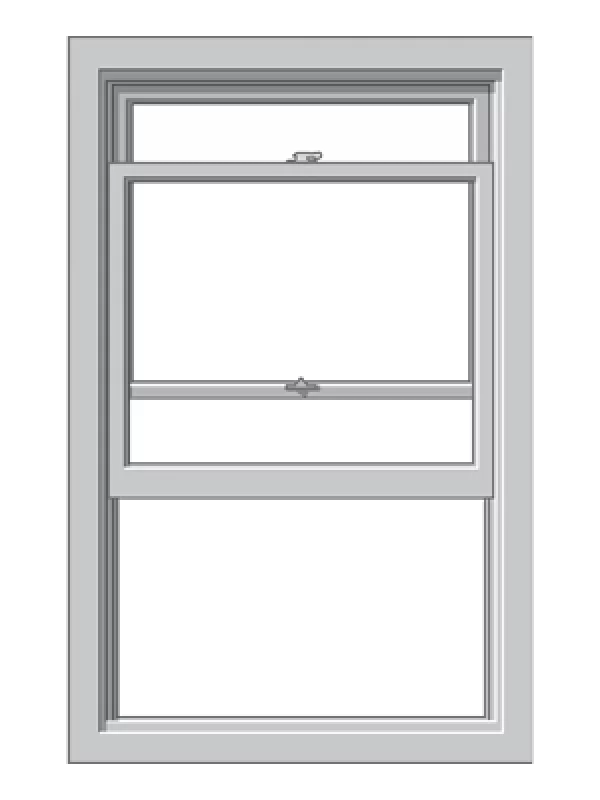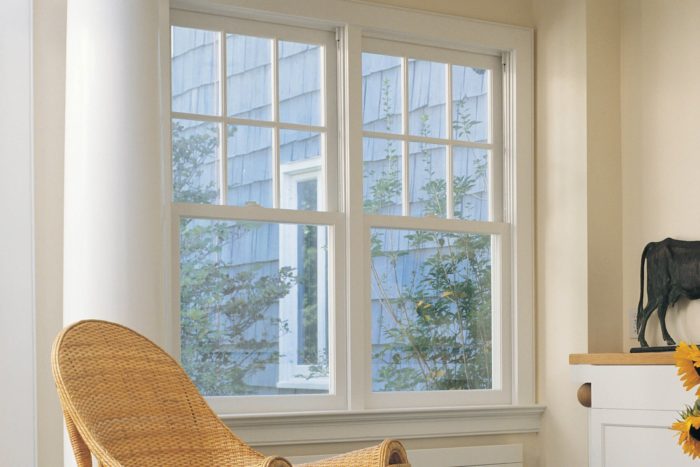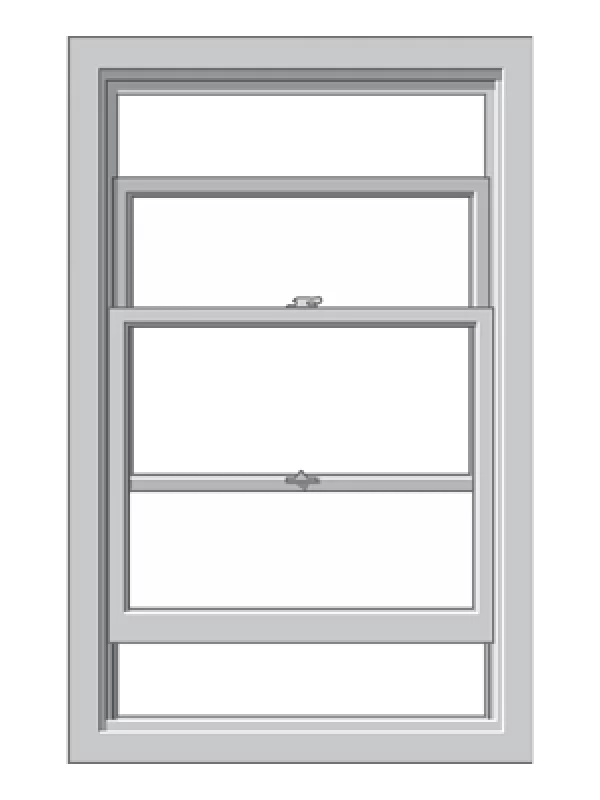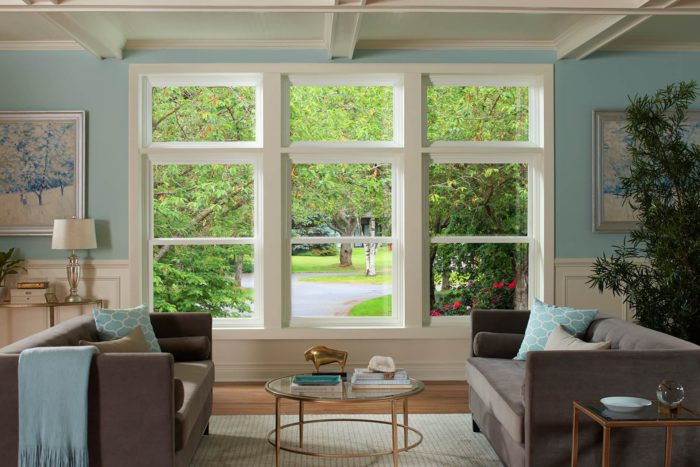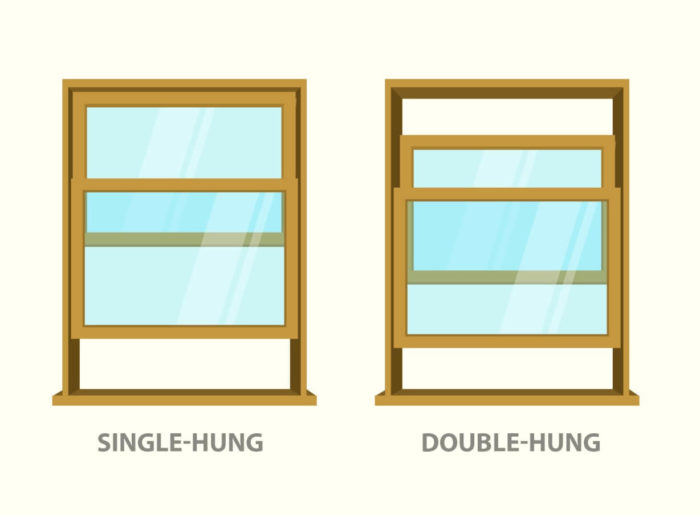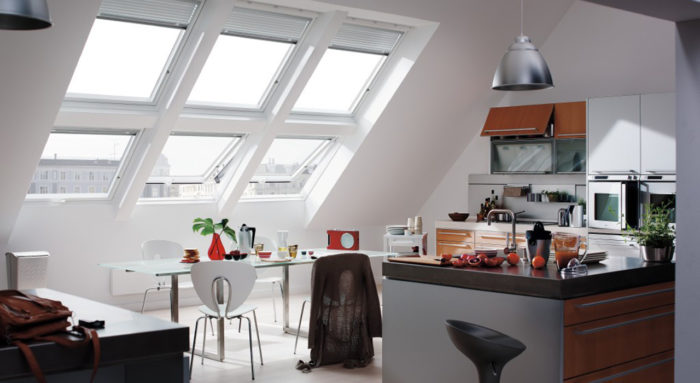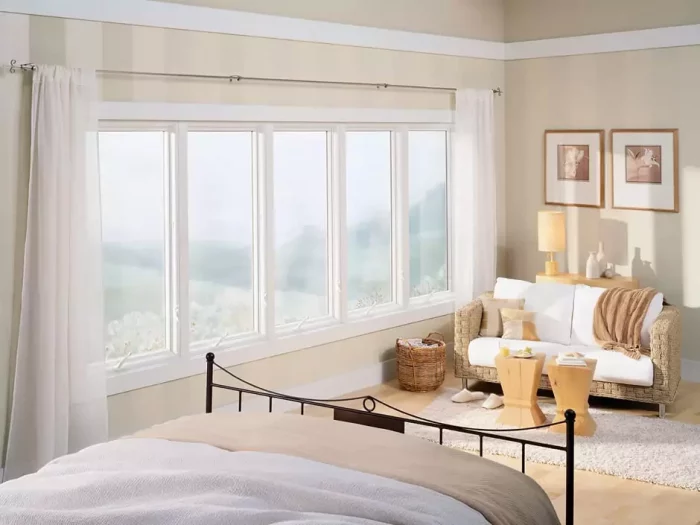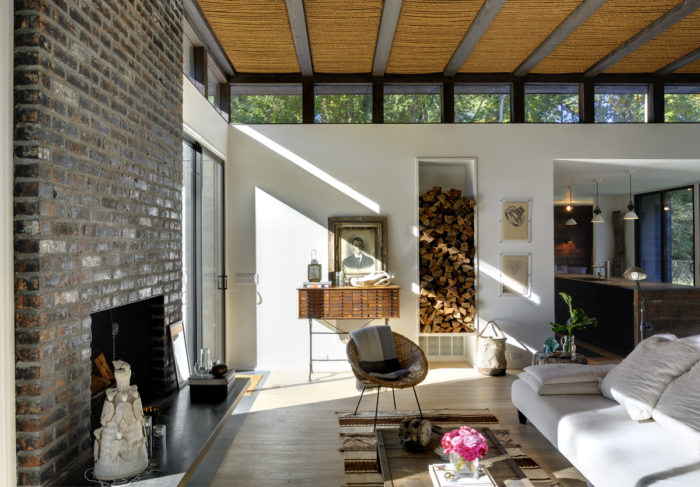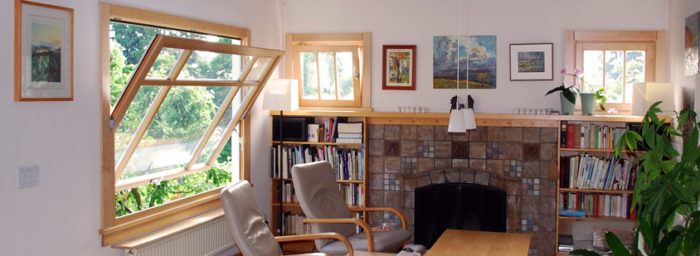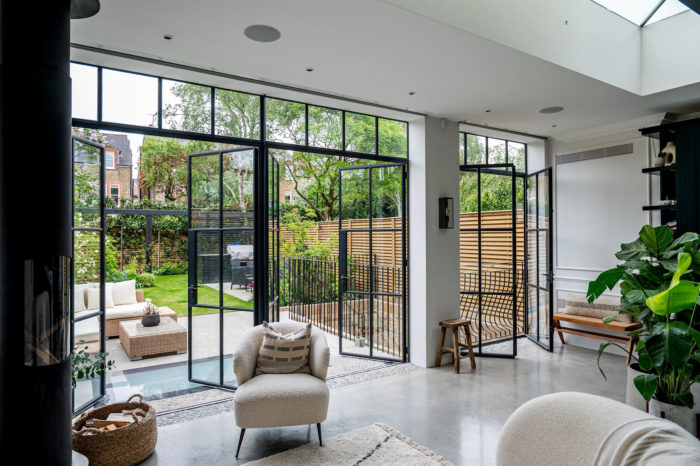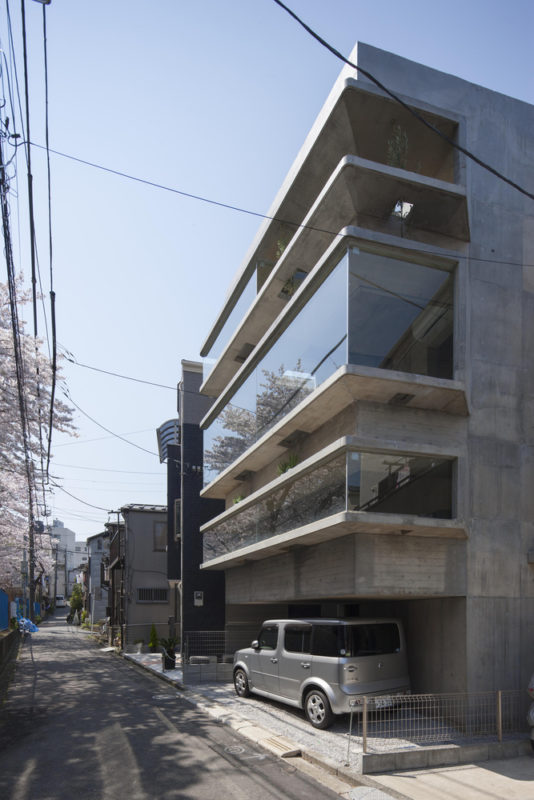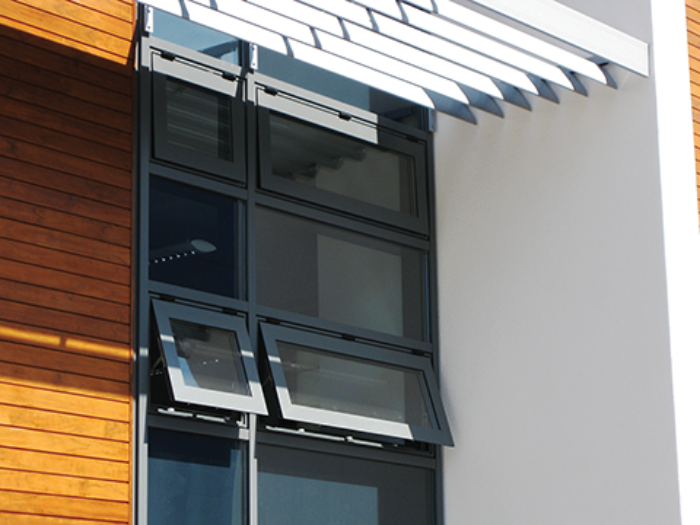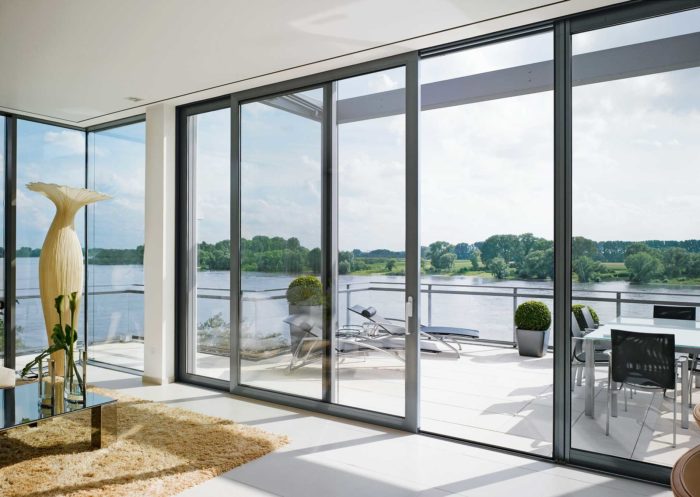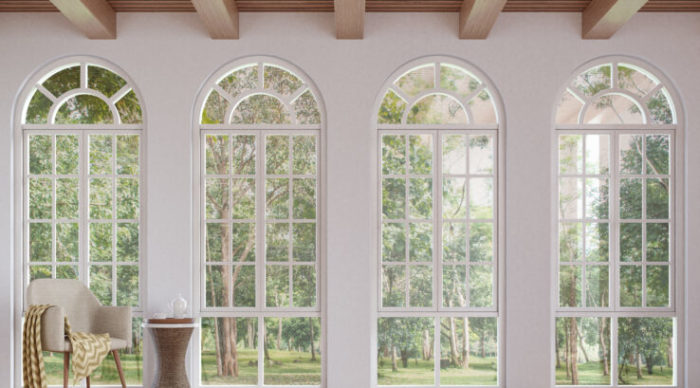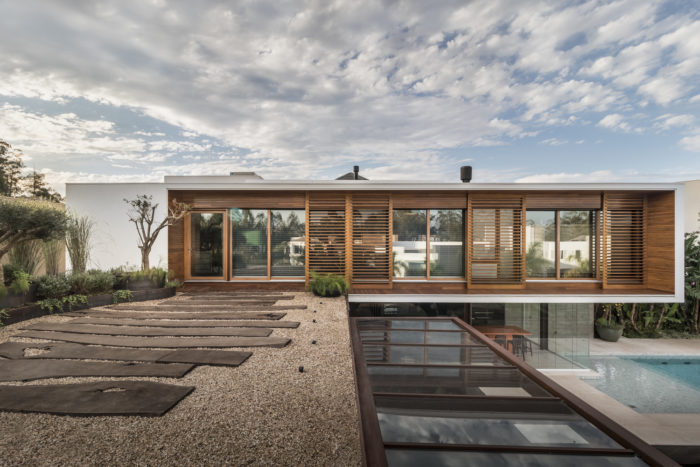A window is more than a way to take in the outside world. The truth is that there are perks and drawbacks to all types of windows. When deciding on window styles, it’s essential to consider some factors, including the shape of the openings, the amount of fresh air they provide, and the budget.
Types of Windows
As we’ve mentioned, there are many options to consider when purchasing windows for a new building or window replacement. The efficiency of the window’s frame substance, glazing, and insulation are among these significant factors.
However, before making that call, you must consider the fundamental window-operating manner. There is also a wide variety of window designs, including some that are even blends of different types of windows. Because of this, we’ve compiled a list of the 15 most favored types of windows, along with the benefits and drawbacks of each one.
Also Read: 12 Interior Design Trends We’re Presuming To Run The Show In 2023
1) Awning Window
Awning windows are opened and closed by turning a lever at the top and swinging the window outward from the bottom. It’s frequently employed for the dual purposes of protecting from the weather and allowing air circulation. When they’re uncovered, they’ll let almost no water in. So even if the weather outside is dreary, you can enjoy the genuine delight of fresh air inside your home, classroom, or workplace.
Pros:
- Adequate Air Circulation
- Preventing Vapor Absorption
- Make It Appear Contemporary
- Adaptability
Cons:
- Dangerous level of foot activity
- Need regular cleaning
2) Dormer Window
Dormers are roofed projections with windows that extend from a sloping roof and are typically used to illuminate a bedroom.
Pros:
- Illumination source
- Ventilation
- Enhance the visual appeal
- Flexible
- Enhancement of the exterior appearance
Cons:
- Excessive care required
- Pricey
- Requires Expertise
Also Read: 14 of the Best Exterior Home Trends You Need to Adopt Now in 2023
3) Transom Window
A transom window is typically installed to allow fresh air and light to flow between rooms even when the doors are closed.
Pros:
- Eco-friendly
- Unfiltered daylight
- Confidentiality
Cons:
- Warmth
- Regularly washing
- Unventilated
- Distinctive but expensive
4) Single-Hung Window
Single-hung windows, also known as single-sash windows, have one sash that can be opened and closed and another that remains stationary above it. This means the window’s bottom half can be adjusted vertically to let in fresh air while the top half stays fixed.
Pros:
- Require less upkeep
- Budget-friendly
Cons:
- Expert cleaning
- Reduced airflow/ventilation
5) Double-Hung Window
A Double-hung window is a style with two sliding, up-and-down operable sashes, the top sash, and the lower sash. Both can be opened to let in the fresh air. Because warm air rises, it is released through the top sash, while a breeze from the outside can enter through the bottom sash to assist with comfort. Double-story houses benefit significantly from these types of windows.
Pros:
- Cleaning ease
- Excellent Airflow
- Saving Energy
- Design for safety
- Diversity
Cons:
- High-priced
- These panes are unrepairable
6) Lantern Window
Lantern windows are a type of windows that features a covered glass aperture designed to let natural light in. Skylights are another term for Lantern windows, resembling each time a space receives additional sunlight.
Pros:
- Airflow improvement
- Expands space
- Allows Daylight
- Makes space look good
- Affordable
- Lower the heat
Cons:
- High – temperature
- Unsuitable for hot climates
- Overexposure
- Uninsulated
- Problems with leakage
7) Casement Window
If your window has one or more joints on the side, it is a casement window. It opens outward to the left or right, allowing cross-ventilation in your home. Most homes have at least one of these windows in the kitchen, bedroom, restroom, etc. Regarding types of windows design, casement windows may be the most convenient and aesthetically pleasing option.
Pros:
- Absolute transparency
- Ensures safety
Cons:
- If you want to install an air conditioner in a room, you can’t do it in a casement window because it cranks outward. Air conditioning units can only be installed in rooms with operable windows.
- No ventilation during thunderstorms; glass breaks if opened
- High cost (twice that of double-hung windows).
8) Clerestory Window
These types of windows are crafted into the uppermost part of a wall above the average person’s line of sight. Light, air, or both should be allowed to travel through. It’s either a bunch of little windows or oversized ones.
Pros:
- Inexpensive
- Adds more room
- Elevates the visual appeal
- Unfiltered daylight
- Enhanced Airflow
- Put the heat down
- Privacy
- Opens up some space on the walls
Cons:
- Discomfort caused by heat loss
- Overexposure to Light
- Insufficient insulation
9) Pivoted Window
These types of windows extend outwards from the center of the frame, either vertically or horizontally, on hinges placed in the middle of the frame. By doing so, half of it can be found inside the home, while the other half can be found on the exterior.
Pros:
- Using one window for big dimensions
- Snow and rain protection
- Easy to open/close
- Cleans up easily
Cons:
- Risk of getting fingers pinched while opening
- Only fits contemporary homes
- Needs regular washing and cleaning
10) Metal windows/Crittall window
Metal windows and Crittall windows are two common names for these steel-framed openings. Because steel is both the most durable and cost-effective option for Crittall window frames, it is the material of choice.
Pros:
- Maintains safety
- Requires less maintenance
- Easy to fix
- Due to their insulating qualities, they reduce the amount of money spent annually on heating and cooling a home.
- Fire resistant
Cons:
- Heavyweight
- Pricey
- Unsuitable for all climates
- If not coated, it may rust
11) Bay windows/Oriel window
These openings extend beyond the walls of the structure. It’s made of glass and makes a nook within the central area, perfect for putting seats or accent pieces. In England, bay windows were first seen in early Renaissance manor houses. A bay window is designed to let in more light than what would usually be allowed in by a window flush with the wall.
Pros:
- Makes a bolder design statement than any other element in your house
- Serves as conservatory windows for herb gardens and other flora
- Perfect for locations where you want a continuous view of the outdoors
- Equipped with shelves for cultivating plants and displaying ornaments
Cons:
- Costly
- Needs extensive header and roof framing
- Heat loss can result from poor air sealing on big surfaces
12) Ventilators
When compared to regular windows, ventilators are much smaller in size. Those are the types of windows you’d find in a bathroom, a living area, or a toilet. Ventilators are used to bring outside air into a building or room. They are used in areas where fresh air can circulate freely. The vent is situated to expel steamy air from the bedroom, restroom, and toilet.
Pros:
- Fresh air brought in from the outside
- Airflow
- Control pollutants
- Affordable
- Minimizes temperature
Cons:
- Natural air is weather-dependent
- It’s costly to install
- Impacting interior design
13) Slider Window
The window shutters, in this instance, are operable within the window frame. In accordance with our needs, the motion could be horizontal or vertical. Roller bearings are installed to allow the doors to move. You’ll find this kind of display in most public transportation vehicles, bank windows, retail stores, etc.
Pros:
- Opens and closes easily
- Ease of access
- Inexpensive
- Broken glass is changeable.
Cons:
- Cleaning is difficult
- Tracks get clogged with dirt
- It might be dangerous for a family with young children
14) Arch window/Radius window
Such types of windows as arch windows have a rectangular shape with an arch at the top. It is a typical window that lets in natural light and breezes while also enhancing the home’s curb appeal. An arch window can be either long, like a casement window, or broad, like an awning window. Arch windows were used in older houses to give them a Victorian appearance.
Pros:
- High Energy Efficiency
- Functionality
- Everlasting Charm
Cons:
- Pricey
- Reduced airflow
15) Shutter Window
It is a common type of window that lets in fresh air even when closed, making it great for locations with lots of natural light or solitude. Its sheets are typically made of wood or metal and based on the frame, they may be supported by folding or opening glass panels for increased versatility.
Pros:
- Robust
- Simple to clean
- Excellent light filtering
- Various types available
Cons:
- Not cheap
- It is more difficult to put furniture in front of the window
FAQS:
What are the most common replacement windows installed?
The majority of new windows installed today are double-hung styles.
What factors affect the cost of new home windows?
The cost of new windows depends on several variables, the most important of which are the type of material used, the labor involved in the installation, the size of the window, and any applicable warranties or licenses.
What are the best windows for soundproofing your home?
If you're looking for insulation, laminated windows are your best bet. Between the pieces of glass in these windows is a layer of plastic called polyvinyl butyral (PVB), which allows them to effectively tune out as much as 95% of background noises.
What are the best windows for plants?
The direct, intense sunlight that streams in through south-facing windows throughout the entire year, though a bit less in the summer months in the Northern Hemisphere, is ideal for plants that can endure the brightest conditions.
What are the best windows for a sunroom?
Because of their ease of use, casement windows are a popular option for sunrooms. When the weather is nice, it's great to have windows that let in some breeze. Casement windows are the most practical option when opening a window in a tight or awkward space.
What are the best windows for insulation?
The thermal performance of fiberglass window frames is higher than that of wood or poorly insulated vinyl because of their fracture toughness and the ability to have insulation placed inside their air spaces.
Which window style is most secure?
The casement window is the safest option because a burglar cannot open it from the outside by turning the crank unless the window is left open and unlocked.
